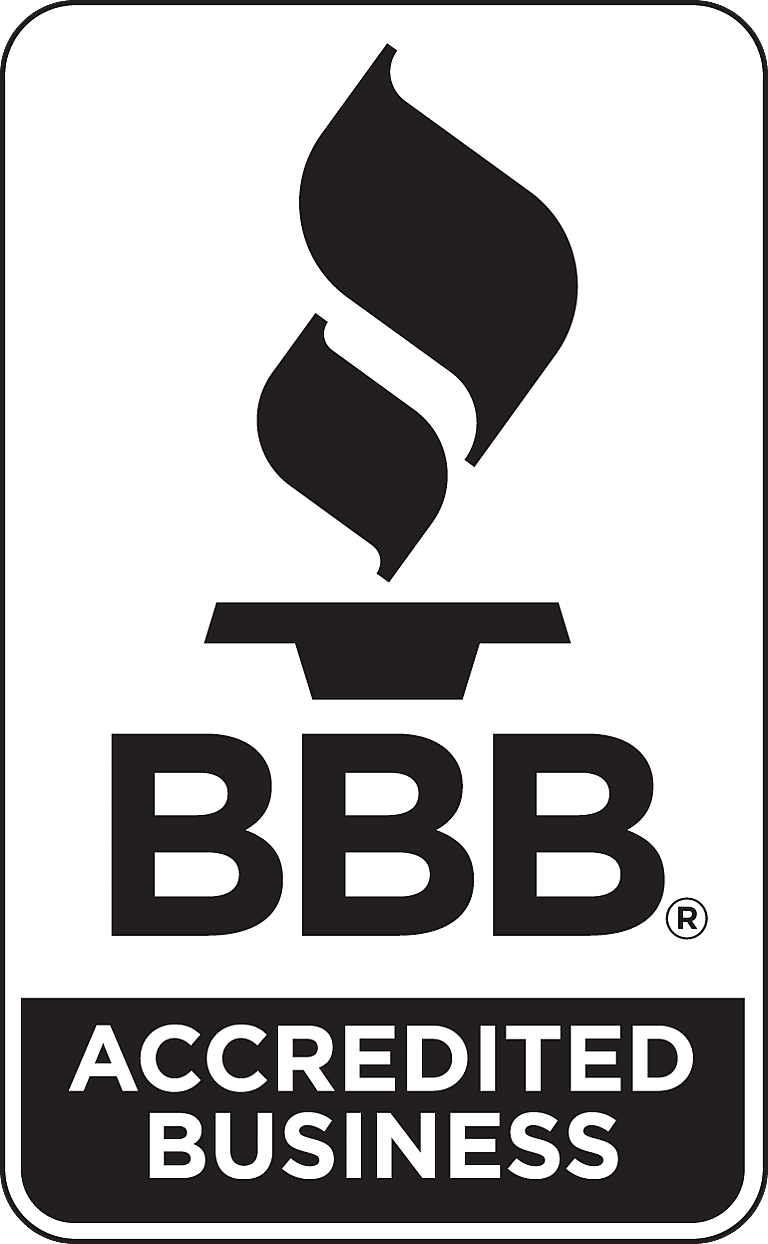
1) Password Protect Your Devices
Choosing not to password protect your devices is the digital equivalent of leaving your home or car unlocked. If you’re lucky, no one will take advantage of the access. Or maybe the contents will be ravaged and your favorite speakers and/or secrets stolen.
2) Google Yourself Regularly
Stay abreast of new things being said or published about you on the internet. Google Alerts was a formerly wonderful tool for this that no longer works. Now you might try Talkwalker Alerts
3) Sign Out of Your Online Accounts when You’re Finished Using Them
Not only will this slightly reduce the amount of tracking of you as you surf the Web, this prevents someone who later sits down at your computer from loading one of these and getting snoopy. If you’re using someone else’s or a public computer, this is especially important. Yes, people actually forget to do this, with terrible outcomes.
4) Don’t Give Out Your Email, Phone Number, or Zip Code When Asked
Obviously, if a sketchy dude in a bar asked for your phone number, you say no. but when the asker is a uniform-wearing employee at Best Buy, many a consumer hands over their digits when asked. Stores often use this info to help profile you and your purchase. You can say no. if you feel badly about it, just pretend the employee is the sketchy dude at the bar.
5) Encrypt Your Computer
Encrypting your computer means that someone has to have your password (or encryption key) in order to peek at its contents should they get access to your hard drive. On a Mac, you just go to your settings, choose “Security and Privacy,” go to “FileVault,” choose the “Turn on FileVault” option. Boom goes the encryption dynamite. PC folk need to use Bitlocker.
6) Turn on 2-Step Authentication in Gmail
The simple little step turns your phone into a security fob- in order for your Gmail account to be accessed from a new device, a person (hopefully you) needs a code that’s sent to your phone. This means that even if someone gets your password somehow, they won’t be able to use it to sign into your account from a strange computer. Google says that millions of people use this tool, and that “thousands more enroll each day.” Be one of those people.
7) Pay Cash for Embarrassing Items
Don’t want a purchase to be easily tracked back to you? You’ve seen the movies! Use cash. One data mining CEO says this is how he pays for hamburgers and junk food these days.
8) Change Your Facebook Settings to “Friends Only”
Visit your Facebook privacy settings. Make sure this “default privacy” setting isn’t set too public, and if it’s set to “Custom,” make sure you know and are comfortable with any “Networks” you’re sharing with.
9) Clear Your Browser History and Cookies on a Regular Basis
When’s that last time you did that? if you just shrugged, consider changing your browser settings so that this is automatically cleared every session. Go to the “privacy” setting in your Browser’s “Options.” Tell it to “never remember your history.” This will reduce the amount you’re tracked online. Consider a browser add-on like TACO to further reduce tracking of your online behavior.
10) Download TOR
Protect your privacy. Defend yourself against network surveillance ad traffic analysis.

